For industrialised, export-oriented CEE countries, the EU–Mercosur agreement is incrementally beneficial
Only Poland has strong structural reasons for concern, while Hungary, Czechia and Slovakia stand to benefit from expanded industrial exports.
Only Poland has strong structural reasons for concern, while Hungary, Czechia and Slovakia stand to benefit from expanded industrial exports.
Using fake advertisements featuring real public figures, they defrauded hundreds of people, in some cases of sums running into several million.
Slovakia’s new criminal code triggered a constitutional challenge by the country’s Prosecutor General and ignited controversy at home and abroad.
The aftermath of Trump’s Venezuela move remains unclear, but CEE states are likely to be impacted indirectly by oil prices and EU sanctions.
Can CEE develop a realistic policy response that shields the region from Europe’s structural decline?

Warsaw has opened the city’s new waste-to-energy plant, which can incinerate over 300,000 tons of solid waste annually, nearly one-third of the city’s total waste production.

Administrative interventions are used to curb inflation in numerous CEE countries, with Hungary adopting the most market‑interfering measures.
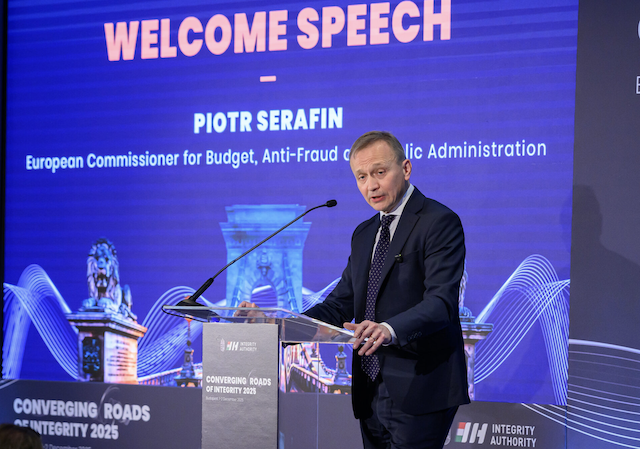
Recent corruption revelations in Ukraine and institution restructuring in Slovakia brings renewed attention to anti-corruption bodies in CEE.

Fidesz’s recovery stalls as a new 21 Kutatóközpont poll shows Tisza Party gaining ground ahead of Hungary’s 2026 election.

Policy reforms now allow the pension authority to retroactively review contributions and question their legality.
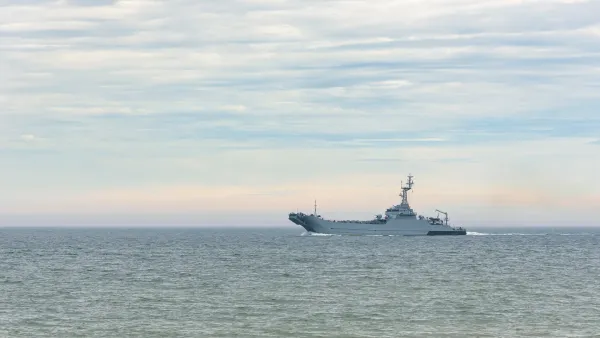
The Baltic states have increasingly been discussing ways to strengthen the protection of their borders by using natural terrain obstacles.
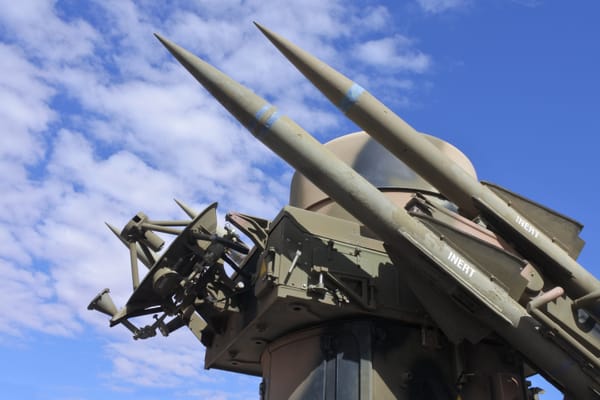
Romania’s Ministry of National Defence has announced plans for a wide-ranging modernisation of the armed forces.
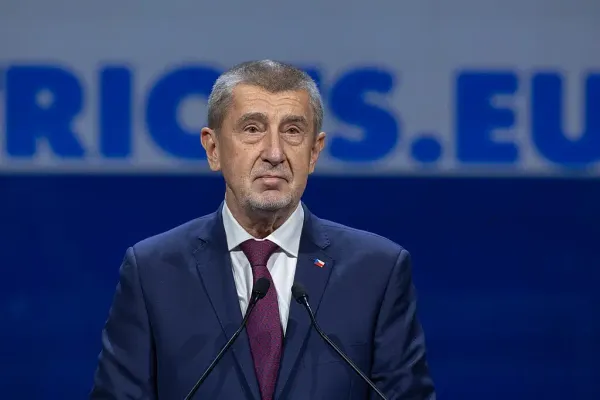
Babiš has been officially appointed the Czech Prime Minister for the third time, following his ANO party’s success in the October 2025 elections.
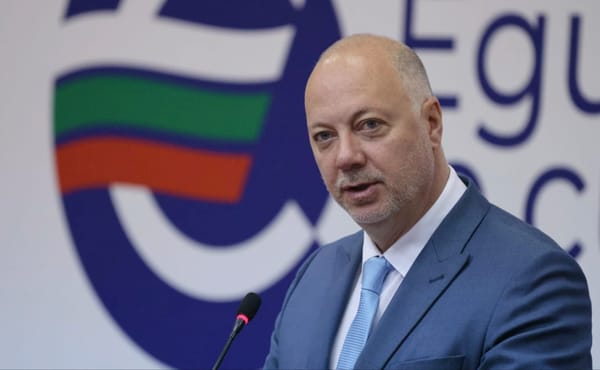
Zhelyazkov submitted his government's resignation minutes before the parliament was due to vote on a motion of no confidence against the cabinet.

Wizz Air transformed CEE aviation since its 2003 founding by delivering ultra-low-cost, point-to-point flights from secondary airports, slashing fares and expanding connectivity.
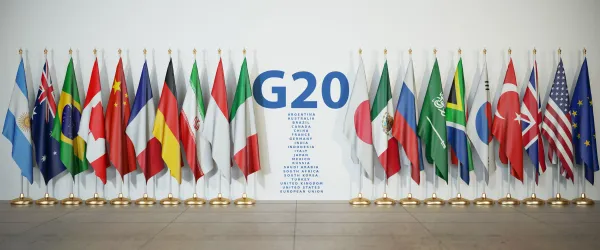
From a post-communist economy to a European powerhouse, Poland is now seeking a role in global politics.
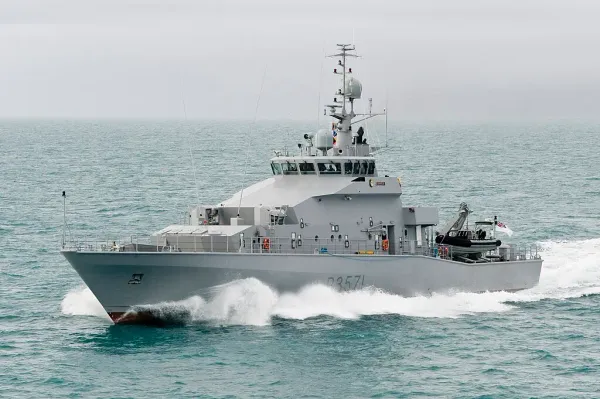
Bulgaria — for the first time in more than 100 years — has launched a newly built, domestically produced warship.
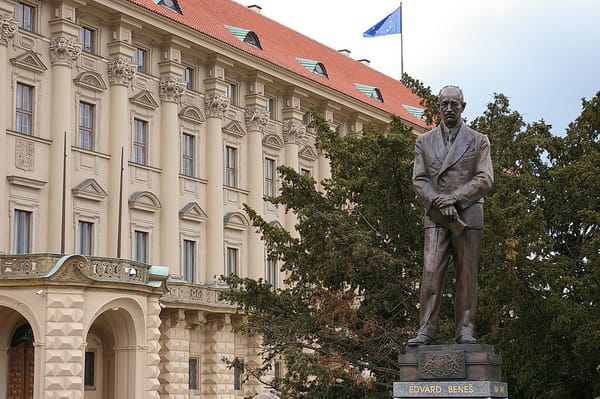
Slovakia’s debate over the Beneš decrees resurfaces grievances about postwar property rights while serving new aims in domestic political bargaining.
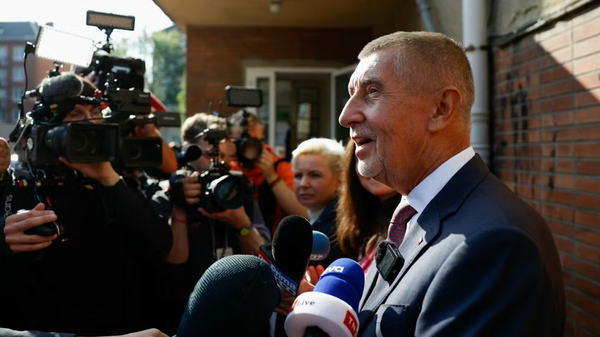
Babiš unveiled a plan to resolve the Agrofert conflict of interest, a step required to secure his appointment as Prime Minister.

Smartwings owner Jiří Šimáně informed the Polish delegation that he had accepted a higher offer.
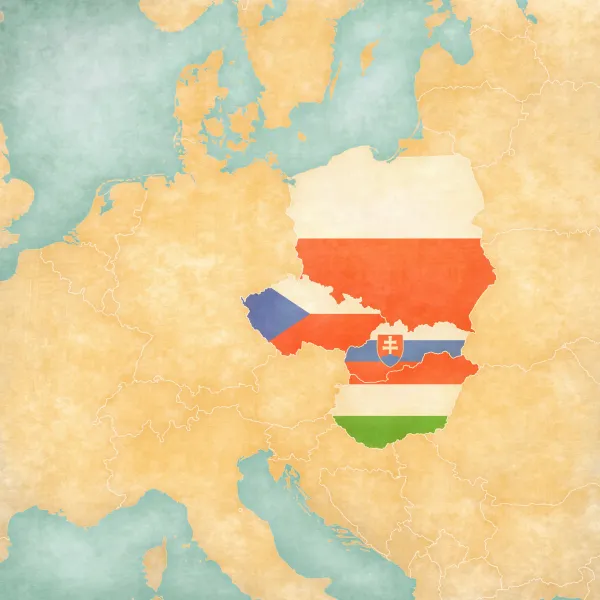
The presidents of the V4 countries gathered in Esztergom —but the differing views on Russian aggression undermines regional unity.
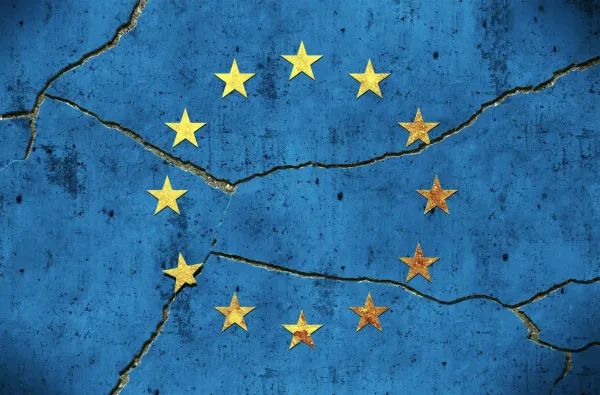
Support for EU membership in Poland remains high, but the share of those who would favour leaving the Union now exceeds 10 percent.
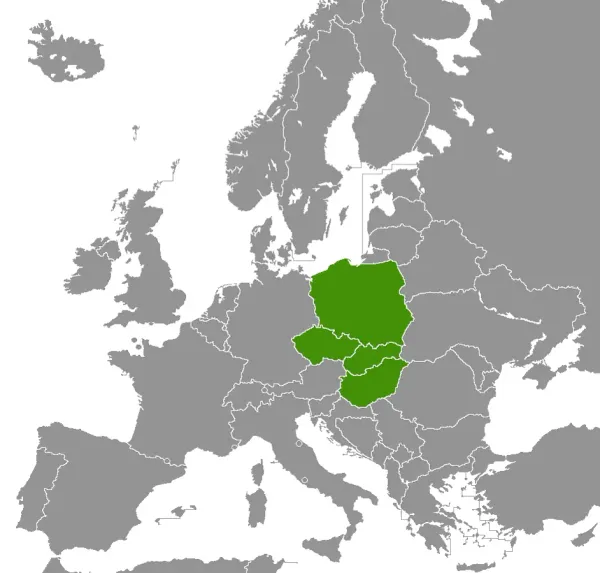
The media landscape in the V4 countries does not show a uniform picture, sending varying messages for potential investors as well.

Serbia failed to remove Russian capital from NIS despite extensions; leaving its refinery unlicensed and oil reserves secure only until year-end.

The President has signed the recently adopted parliamentary bill banning the breeding of animals kept for their fur.
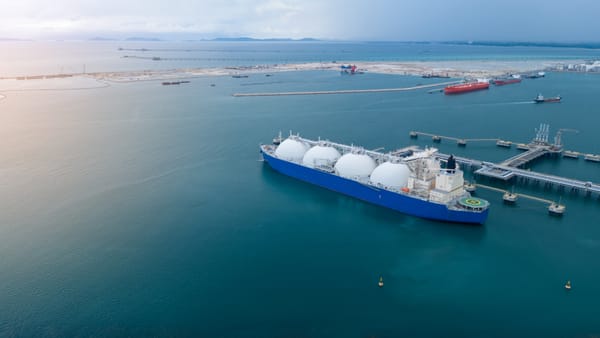
The Neptun Deep project is viewed as a pivotal opportunity for Romania's economy and energy independence.
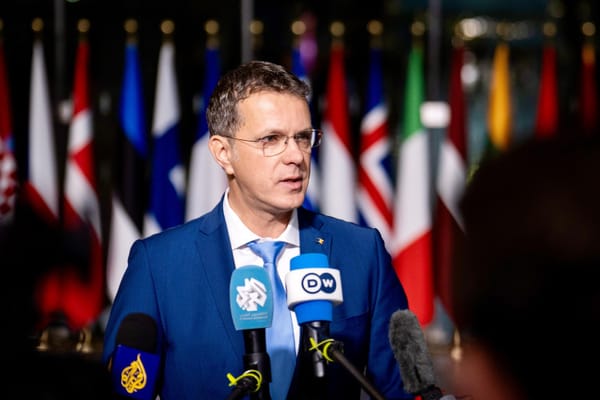
The minister highlighted by resigning he aimed to prevent further distractions from national security concerns.

Public attitudes toward the war in Ukraine vary highly and have shifted significantly across the CEE region.

Polish police have made another arrest in connection with a serious railway sabotage case.

Croatia has concluded that the June 2023 Hungarian military helicopter crash was caused by human error after the crew deviated from its flight path.